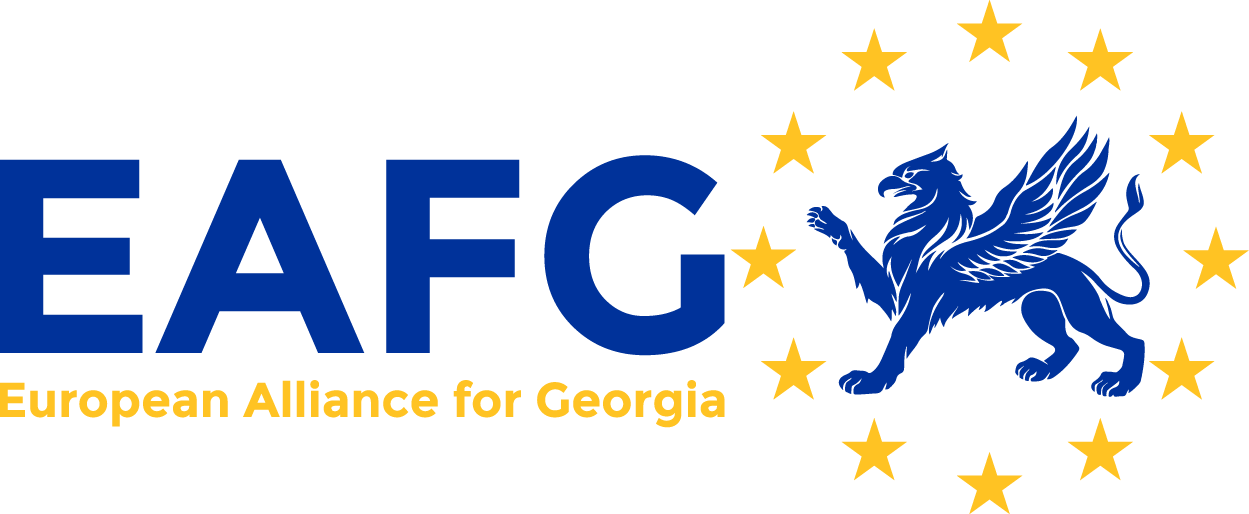Rasmussen on Living up to EP Expectations & Coffey’s NATO Accession Scenario
Former Secretary General of NATO, Anders Fogh Rasmussen, was in the spotlight of the March 20 conference ‘Georgia, Moldova, Ukraine and the EU: The Road to 2020,’ hosted by Euractiv Network and featuring many a high-profile speaker. And it’s safe to say that Rasmussen, now head of “Rasmussen Global” consultancy, delivered quite a barrage of important messages: unshackled by the burdens of his previous post, the former NATO chief did not mince his words when speaking about challenges for the Eastern Neighborhood.
“There are many factors standing in the way of the three Eastern Partnership countries’ continued political and economic integration into European institutions. Firstly, of course, there’s Russia, a country that has a vested interest in derailing the Eastern Partnership and maintaining a circle of buffer states so that Moscow can exercise its influence. The most striking example of this is Moscow’s policy of fermenting a number of conflicts in these states, with Ukraine being the latest but certainly not the only example.
"Secondly, there are the democratic processes themselves: all three countries will undergo major elections in the coming two years, and while in Europe you may hear talks about the Ukraine fatigue or Georgia fatigue, from my experience, I fear our eastern partners are also suffering from EU fatigue and it could not have come at a worse time.
"And the third reason is insufficient recognition from our side of the reforms that are actually carried out and that is why we should give credit where it’s due. It’s easy to look at the glass and say it’s half empty, but let’s look at their achievements: these are achievements that would risk collapsing many a European government. And not recognizing that is giving ammunition to populists: in the end, it only plays into Russia’s hands. We should think about how to signal to the people in these three countries that there’s a light at the end of the tunnel and that hard choices will be rewarded. To this end, the European Union should start thinking strategically as to what comes after the Eastern Partnership reaches its 2020 milestone. We should think of practical and feasible new milestones. If we fail to show that vision, if we start seeing our Eastern partners as a challenge rather than an opportunity, and if we do not show that hard work pays off, the EU shouldn’t be surprised if its Eastern partners start a backslide. Russia is looking to re-establish its beachhead in Eastern Europe and China is looking to establish its economical foothold there, too. If the EU doesn’t lay out clear milestones for these nations to continue their European path, we shouldn’t complain when our neighbours fall under the yoke of other powers, with geopolitical implications for Europe. Today is the time to think strategically about the Eastern Partnership, so it can continue to be a body with the power to transform its neighborhood. We need to live up to the dreams of those in Tbilisi, Kyiv and Chisinau.”
Due to time constraints, GEORGIA TODAY was the only outlet of the many present at the event able to ask a question to the former Secretary General. Our choice fell on Luke Coffey’s borderline infamous NATO accession scenario for Georgia.
Luke Coffey of the Heritage Foundation proposed amending Article 6 of the NATO Treaty, thus allowing Georgia to become a member state of the Alliance, but with the amendment that the collective security and defense guaranteed by Article 5, wouldn’t cover Georgia’s breakaway regions that are occupied by Russia. Do you find it a plausible scenario, and if you do, what would the implementation of that be for countries like Ukraine and Moldova?
No, I don’t find it plausible. Because we don’t recognize the occupied territories [as independent states]; we consider those as regions and integral parts of Georgia. From that point of view, it wouldn’t be possible for us to allow Georgia access to NATO and then state that, you know, Article 5 doesn’t cover a part of Georgia, a sovereign state. You may of course argue that in the past we had a somewhat similar situation with East Germany, but from a formal point of view, East Germany was in a bit of a different situation because it was not occupied, at least formally, in the sense that Abkhazia and Ossetia are. It’s indeed a very complicated issue but, once again, my take on it would be that no, it would not be possible, because, implicitly that would state that Abkhazia and South Ossetia are lost, they are not part of Georgia anymore and I really don’t think Georgia would accept that.

This article was prepared in the scope of “Messages from Brussels” series, a project by European Alliance for Georgia, a Brussels-based advocacy organization dedicated to “Bringing more Georgia into Europe.”












